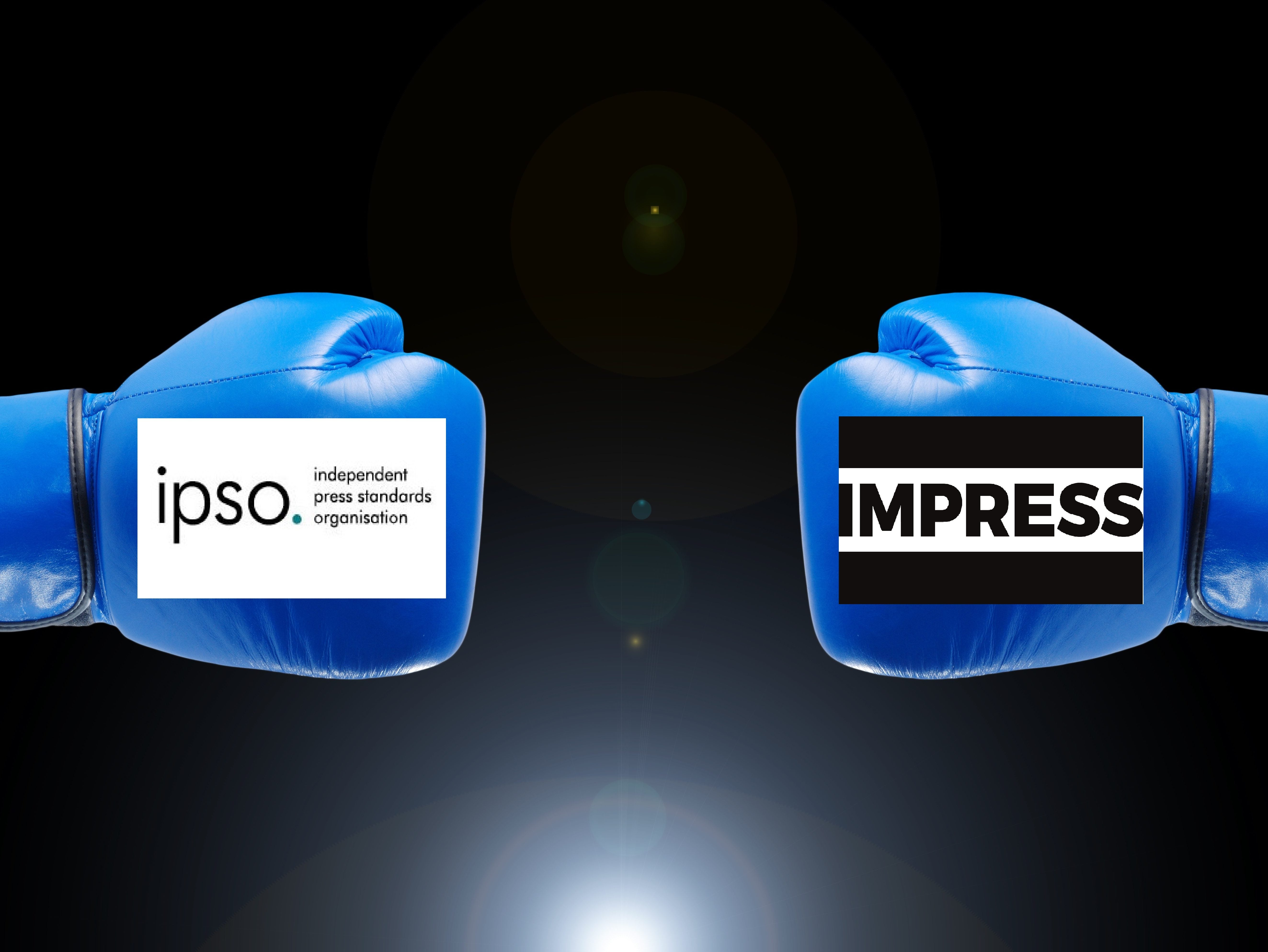
Royal Charter-backed press regulator Impress has launched its own standards code with new rules covering attribution, incitement of hatred, sources and financial transparency.
The code has been created following a year-long consultation process involving journalists and members of the public.
It comes just a year after Impress welcomed its first member publications, in January 2016. So far it has been using the Editors’ Code which was devised for the Press Complaints Commission and is now used by its successor body the Independent Press Standards Organisation.
The new Impress code will come into force in July. Impress currently has 41 member titles with a further 30 in the process of joining. Most are niche and specialist publications.
IPSO, by contrast, regulates most UK newspaper and magazine publishers who have rejected Royal Charter-backed press regulation as akin to state control.
The Impress code covers much of the same ground as the IPSO Editors’ Code but differs significantly by creating the following new sections:
Attribution and plagiarism:
Publishers must take all reasonable steps to identify and credit the originator of any third party content.
Sources:
- Publishers must protect the anonymity of sources where
confidentiality has been agreed and not waived by the source,
except where the source has been manifestly dishonest. - Publishers must take reasonable steps to ensure that
journalists do not fabricate sources. - Except where justified by an exceptional public interest,
publishers must not pay public officials for information.
Transparency:
- Publishers must clearly identify content that appears to
be editorial but has been paid for, financially or through a
reciprocal arrangement, by a third party. - Publishers must ensure that significant conflicts of interest are
disclosed.
Discrimination:
The Impress code goes further than the code used by IPSO when it comes to discrimination:
IPSO Editors’ Code:
- The press must avoid prejudicial or pejorative reference to an individual’s, race, colour, religion, sex, gender identity, sexual orientation or to any physical or mental illness or disability.
- Details of an individual’s race, colour, religion, gender identity, sexual orientation, physical or mental illness or disability must be avoided unless genuinely relevant to the story.
Impress code:
- Publishers must not make prejudicial or pejorative reference to a
person on the basis of that person’s age, disability, mental health,
gender reassignment or identity, marital or civil partnership status,
pregnancy, race, religion, sex or sexual orientation or another
characteristic that makes that person vulnerable to discrimination. - Publishers must not refer to a person’s disability, mental health,
gender reassignment or identity, pregnancy, race, religion or sexual
orientation unless this characteristic is relevant to the story.Impress also contains a specific clause probiting incitement of hatred which states: - Publishers must not incite hatred against any group on the basis of
that group’s age, disability, mental health, gender reassignment or
identity, marital or civil partnership status, pregnancy, race, religion,
sex or sexual orientation or another characteristic that makes that
group vulnerable to discrimination.
Impress chief executive Jonathan Heawood said the code consultation asked “what would the public like to see that would restore trust in journalism”.
However he said that one popular demand from the public, asking that newspapers adopt a BBC-style balanced approach to journalism, was rejected by Impress.
He said: “That would be impossible. We expect news publishers to be partics and have strong opinions.”
He said that the new rules around attribution were intended to ensure that stories lifted from social media are clearly sourced.
The new rules against journalism which incites hatred against specific groups closely follows existing law in this area, he said.
The new rules about disclosing financial interests in stories tackles what he described as a “grey area between the Advertising Standards Association and a press regulator”.
“The ASA will only regulate content described as marketing content.”
He said the new Impress code would cover the many different types of advertiser involvement in editorial, including freebies for journalists which – he said – should be declared in copy.
Heawood said: “Our first standards code [published in full here] is the result of an open, engaging process with the public, journalists and civil society groups. What we hope it has produced is a code fit for the future of publishing while building on the core principles of the past, protecting free speech and journalism while facing the challenges of a digital age.”
Impress is now said to have received 50 complaints but had none which required an adjudication.
It currently has legal one complaint against a member publisher being dealt with by its arbitration service, with more details expected to be released on conclusion of the case.
Email pged@pressgazette.co.uk to point out mistakes, provide story tips or send in a letter for publication on our "Letters Page" blog
